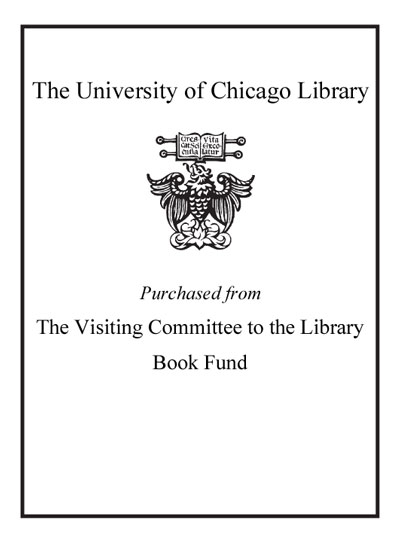Review by Booklist Review
Most Americans associate MacArthur's greatness with his military exploits. Yet, as the "proconsul" who organized and administered the post-World War II occupation of Japan, MacArthur proved himself as a brilliant, flexible, and farsighted ruler who understood the uses and limits of political power. Rinjiro is professor emeritus at Hosei University, Tokyo, and Japan's foremost biographer of MacArthur. He has compiled an eclectic mix of letters from Japanese citizens to MacArthur over the six-year span of his rule there. The subject matter ranges from the frivolous to the profound. Taken as a whole, the letters offer a very interesting portrait of an insular people striving to cope with an alien occupying power. Given the savagery of the war in the Pacific, the respectful, occasionally worshipful tone of many of these letters has an eerie quality. This collection is a valuable asset for those who wish to understand the American occupation and Japanese attitudes toward foreigners. --Jay Freeman
From Booklist, Copyright (c) American Library Association. Used with permission.
Review by Publisher's Weekly Review
Unexpectedly, Gen. Douglas MacArthur, head of the occupying forces in postwar Japan, was met with abundant respect there. In fact, respect is one of the milder attitudes and emotions in evidence in Dear General MacArthur: Letters from the Japanese during the American Occupation, assembled and annotated by Sodei Rinjiro, MacArthur biographer and professor emeritus at Hosei University, Tokyo. Letters of gratitude for kindnesses to POWs, for replenishing the fishing industry, for being "able to live in peace"; requests to repatriate families from overseas and to refrain from trying the emperor; reports of anti-U.S. sentiment; and heaps of gifts, including many likenesses of the general, are among the hundreds of adoring communications in the book. Less congratulatory letters were scarce, but one Hiroshima resident, for instance, sent her book about the bomb's effects (published in 1949, after the U.S. relaxed the ban on such materials). This fascinating book is ideal for cultural studies curricula. 30 b&w photos. (Sept.) (c) Copyright PWxyz, LLC. All rights reserved
(c) Copyright PWxyz, LLC. All rights reserved
Review by Library Journal Review
The seven-year U.S. occupation of Japan beginning in 1945 liberated the Japanese people from the repressive militarist regime that had held them in its grip for nearly two decades. As the improbable agent of Japan's circumscribed democratization, Gen. Douglas MacArthur, Supreme Commander for the Allied Powers (SCAP), became the focus of the hopes and fears of numerous Japanese. Rinjiro (emeritus, Hosei Univ., Tokyo), MacArthur's Japanese biographer, selected over 100 letters from the estimated 500,000 the general received from the Japanese people. They reveal the fascinating diversity of opinion among Japanese, who showered MacArthur with adulation, political advice, complaints, gifts, and urgent personal pleas. Through their letters, ordinary Japanese citizens spoke in vibrant and varied voices on a wide range of topics. Unfortunately, instead of letting the letters speak for themselves, Rinjiro intrudes with his own, often banal, commentary, which detracts from the value of a book that is otherwise a pleasure to read. For academic and larger public libraries. Steven I. Levine, Univ. of Montana, Missoula (c) Copyright 2010. Library Journals LLC, a wholly owned subsidiary of Media Source, Inc. No redistribution permitted.
(c) Copyright Library Journals LLC, a wholly owned subsidiary of Media Source, Inc. No redistribution permitted.
Review by Booklist Review
Review by Publisher's Weekly Review
Review by Library Journal Review

